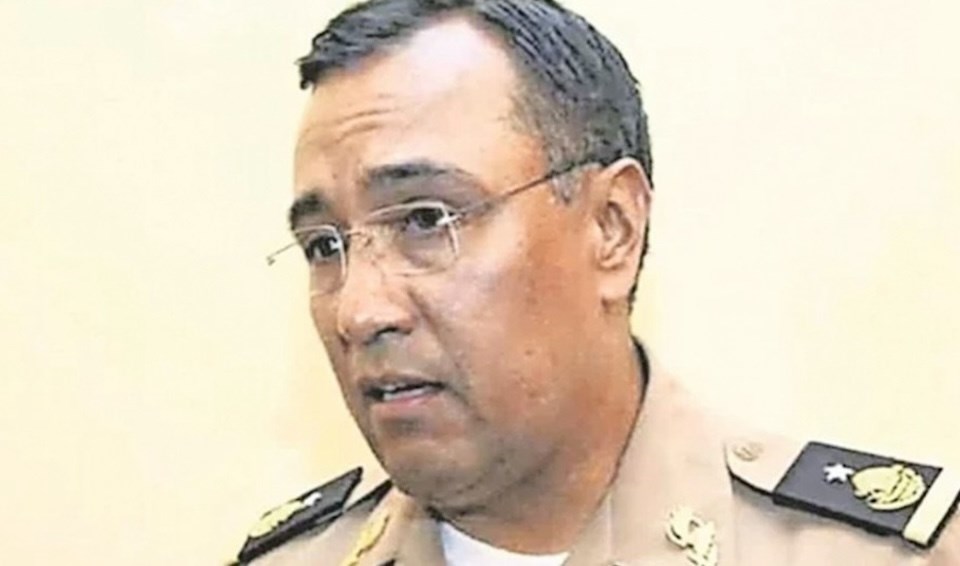A B.C. Supreme Court judge ruled April 29 that an ex-Mexican general wanted in his country for breach of public trust charges involving a state-owned energy company can be extradited to face charges there.
In order to extradite Eduardo Leon Trauwitz, B.C. Supreme Court Associate Chief Justice Heather Holmes needed to determine if the alleged offences corresponded to a similar Canadian one. And, Holmes needed to find there had to be evidence of the alleged offence.
Trauwitz is alleged to have misused his authority at the energy company Petroleos Mexicanos (Pemex), where he was head of the facility's security department, in such a way as to severely compromise Pemex’s ability to combat energy theft.
“Pemex calculates losses in the billions of litres of hydrocarbons, with a total value equivalent to billions of Canadian dollars,” Holmes said.
Specifically, Holmes said, Trauwitz is alleged to have implemented an unauthorized protocol by which the personnel under his direction were no longer to report the clandestine taps they found in Pemex energy pipelines.
Trauwitz is accused of using his Pemex position from January 2015 to August 2016 to facilitate theft of at least 1.87 billion litres of hydrocarbon from clandestine taps in Pemex pipelines.
A lawyer for ex-Pemex employees filed a criminal complaint in March 2017 to the office of Mexico’s Attorney General that claimed they were threatened with firing if they did not follow the scheme.
In May 2019, Trauwitz fled to B.C., instead of appearing in a Mexican court, and applied for Canadian refugee status.
During a December 2022 hearing, Trauwitz’s lawyer Tom Arbogast told the court that his client was the fall guy and subject to a politically motivated prosecution.
“Mr. Trauwitz was the one who was trying to stop hydrocarbon theft and his actions actually prohibited other corrupt individuals from engaging in carbon theft,” Arbogast said. “They are now turning that back against him because they are higher up in the political food chain.”
Holmes said in her decision that, under “the protocol previously in place, clandestine taps were reported to a different Pemex division that was responsible for disabling the taps, as well as to government authorities for investigation and prosecution.”
Holmes said it is alleged that, under the unauthorized protocol, security personnel were to make no report outside Trauwitz’s department.
“The evidence could reasonably support an inference that Mr. Trauwitz approved, directed, or otherwise used his position to advance the new protocol,” Holmes ruled.
However, Holmes said the evidence that Trauwitz personally benefited from the situation is weak. She said evidence showed Trauwitz was serving a state-owned company and was therefore under a duty to the public.
As a result of all her findings, Holmes granted the application for committal for extradition.
In extradition cases, a committal is an early step. It then moves to the federal government for an order. Pre-removal risk assessments are often done and appeals are common.

